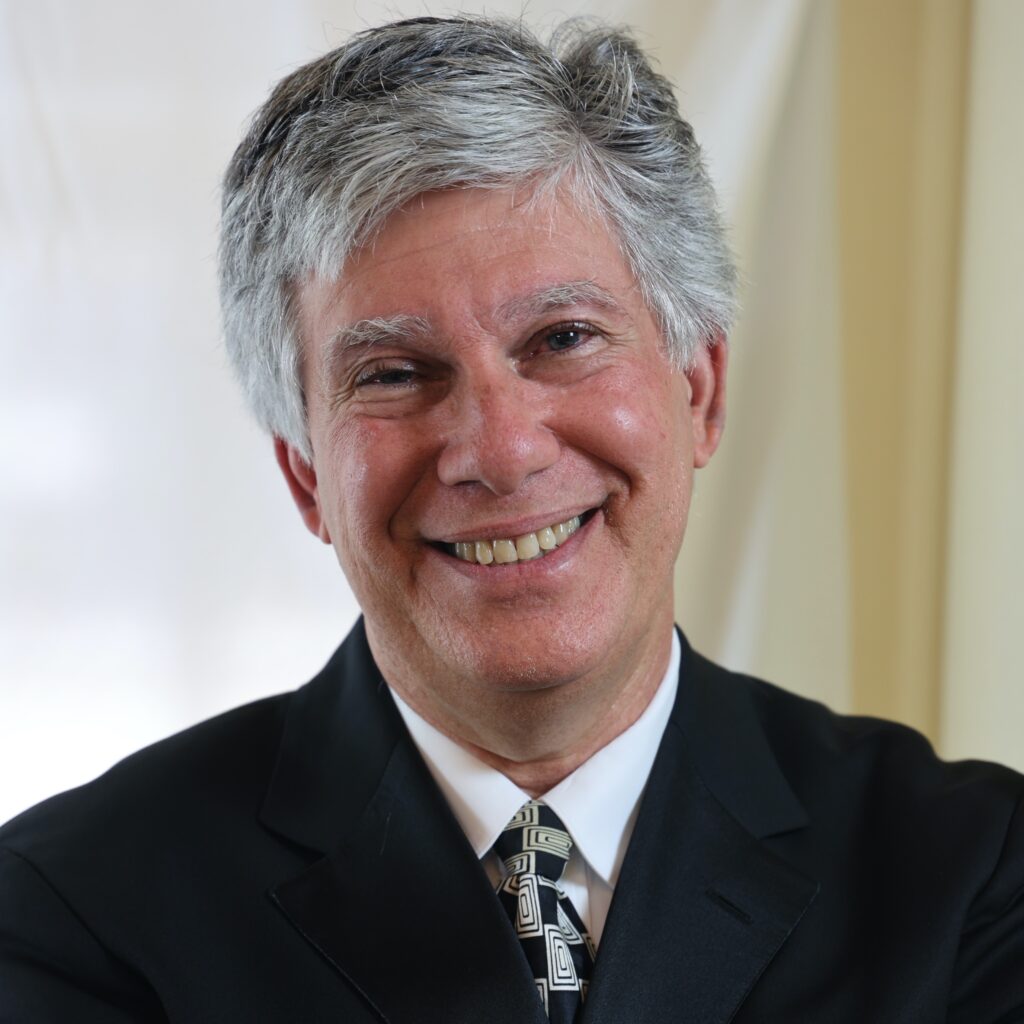Rabbi Elie Spitz
Heschel’s emphasis on the need for “text-people,” prompted me to know that his life of learning, inspiration, and activism was Torah.

Congregation B’nai Israel
Tustin, California
A Jewish Perspective
When I was 11 years old, Professor Heschel came to my congregation in Phoenix, Arizona, to dedicate our new sanctuary. Completion of the building was a moment of great anticipation for my community. And I, who attended Shabbat services each Saturday with my father, knew that for Rabbi Moshe Tutnauer, sharing this moment with his teacher mattered to him greatly. I do not remember what Rabbi Heschel said, but his voice and appearance were imprinted on me. Years later when I began to read Heschel’s writing, I could conjure his physical presence and that helped transform abstract ideas into testimony. So much of the power of Heschel’s writing for me is that his ideas emerged from his lived experience.
I will add that after I became a rabbi and participated with my community in building our sanctuary, I wrote this story to Professor Elie Wiesel, who I knew from my student days working at the 92nd St. Y. I said to Professor Wiesel, “Would you dedicate our sanctuary and stand as a presence for our youth the way that Professor Heschel had for me?” He agreed and flew in on a red eye and returned on a red eye. In the afternoon before the evening dedication, I invited all the Jewish religious schools in our county to bring their students to our sanctuary for a public conversation. Of the many events of celebration, that gathering with Wiesel endures as the most gratifying and significant.
Back to Rabbi Heschel, his writings evoked spiritual yearnings. His Sabbath conveyed the power of an image, “a palace in time.” His description of the piety of Eastern European Jewry in The Earth Is the Lord’s motivated me to combine a pursuit of Jewish learning with cultivating humility and compassion. I read God in Search of Man slowly with a havruta, savoring Heschel’s description of God’s Presence and Mystery. And I turned to I Asked for Wonder as a compendium of Heschel quotes, drawn to his emphasis on human, spiritual potential and God’s yearning for us. And last, Heschel’s emphasis on the need for “text-people,” prompted me to know that his life of learning, inspiration, and activism was Torah, conveying that what I do as a rabbi and as a Jew has sacred consequences.
